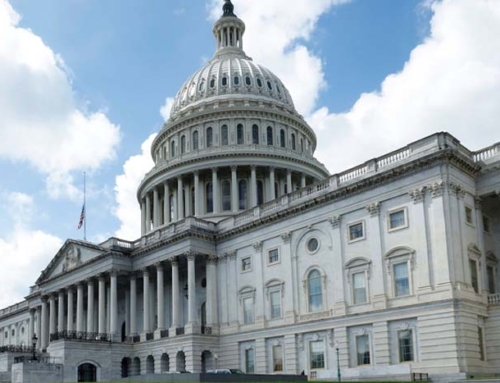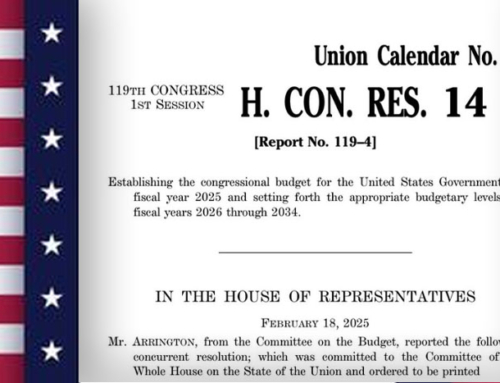On Wednesday, the four congressional leaders, following a session at the White House with President Joe Biden, agreed that the lame-duck Congress should negotiate and pass an omnibus appropriations bill in the next few weeks. Government funding runs out on December 16, before which Congress needs to pass a continuing resolution (CR) to extend negotiations into the next year with the new Congress or pass an appropriations bill. Affordable housing advocates see the lame duck negotiations as a prime opportunity to push for a tax extenders package that may include an expansion of and reforms to the Low-Income Housing Tax Credit (LIHTC) in addition to increased funding for other affordable housing programs.
Senate Appropriations Chair Patrick Leahy (D-VT) and Ranking Member Richard Shelby (R-AL) will both retire at the end of the year and have each expressed determination to wrap up a final FY23 bill before they leave Capitol Hill. However, with Republicans slated to control the House next year, some far-right members in the House are pushing for a long-term CR that would delay the FY23 process into the new Congress, giving Republicans the opportunity to slash funding for social spending programs or bypass the FY23 bill altogether by enacting a long-term CR.
Senate Republican Leader Mitch McConnell (R-KY), conversely, is supportive of a deal likely because of the need to fund defense spending, since the Pentagon has never operated for a full fiscal year on the prior year’s funding levels; priorities from party members that need to be funded; and pressure from business lobbies wanting tax extensions. McConnell is thus insisting that defense spending receive a bigger boost than nondefense spending despite the fact that in the past decade, omnibus deals have generally meant both defense and non-defense spending is increased at the same rate.
Senate Majority Leader Chuck Schumer (D-NY) will attempt to negotiate McConnell back, but he is also facing pressures from his own party to fund their priorities, including re-expanding the Child Tax Credit. Meanwhile, House Speaker Nancy Pelosi (D-CA) would likely want to end her speakership with this last major piece of legislation instead of a CR.
Much work still needs to be done to align all competing priorities, but this agreement is a more positive sign compared to sentiment on the Hill previously.
© LeSar Holdings/LeSar Development Consultants. All Rights Reserved. Please be advised that any republishing of copyrighted material provided by our organization, in whole or in part, requires prior written authorization. For permission, please reach out to [email protected]. We appreciate your understanding and compliance in upholding copyright laws.





















